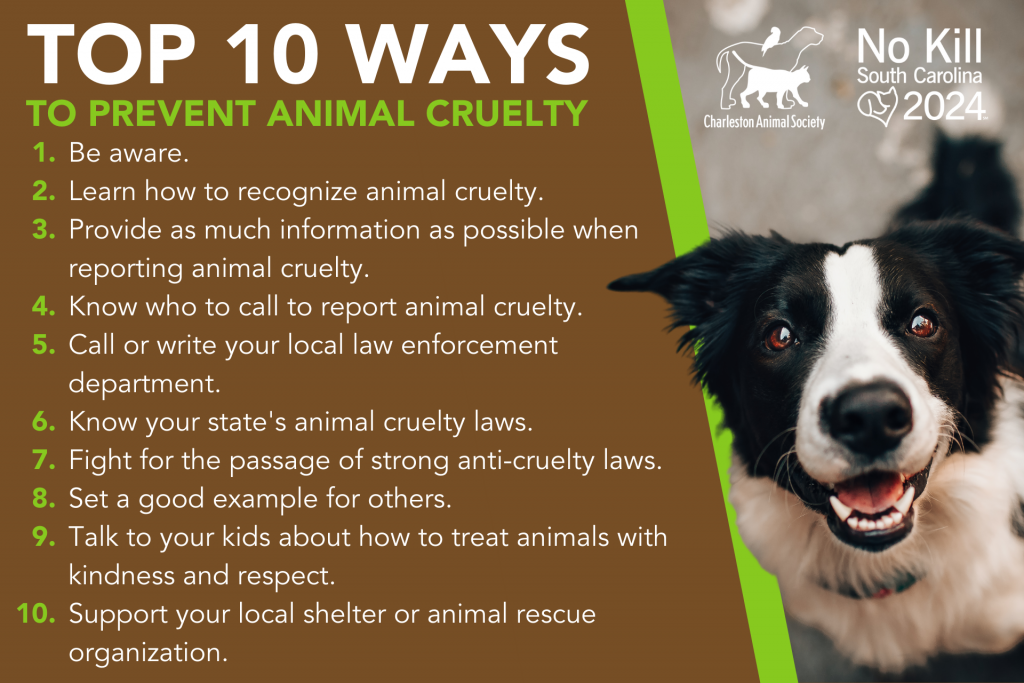In an age where awareness is paramount, the question of whether we are doing enough to combat animal cruelty weighs heavily on the conscience. While many profess a love for animals, understanding the depth of their suffering often eludes us. This self-check guide invites you to examine your actions and attitudes critically, probing deeper into your commitment to altering this disturbing narrative.
Animal cruelty manifests in various forms—ranging from overt violence to neglect and systemic abuse. Recognizing the multifaceted nature of this problem is the first step towards meaningful action. Are you merely a passive observer, or are you actively engaging in initiatives aimed at alleviating the suffering of our voiceless companions?
1. Assess Your Knowledge
The foundation of impactful activism lies in knowledge. What do you truly understand about animal cruelty? Familiarize yourself with local and national laws regarding animal welfare. The distinction between legal protection and the ethical treatment of animals can be staggering. While laws may provide a baseline, they often do not encapsulate the broader ethical considerations that underpin a compassionate society.
Moreover, delve into the psychological ramifications of abuse—not just for the animals involved, but for the perpetrators as well. The cycle of violence can perpetuate through generations, and understanding this can fortify your resolve to intervene.
2. Analyze Your Consumption Habits
Examine your lifestyle choices. Are you complicit in industries that perpetuate animal suffering? From the food on your plate to the products you buy, your consumer habits can either support or dismantle systems of cruelty. Investigate the origins of your food. Factory farming, often associated with egregious treatment of animals, thrives on ignorance and apathy.
Consider embracing a plant-based diet or sourcing ethically raised meat. Conscious consumerism also extends to cosmetics and household products. Support brands that eschew animal testing and advocate for humane treatment. Each purchase has a profound impact—using your wallet as a vote can drive significant change.
3. Engage with Your Community
Are you actively participating in local initiatives to promote animal welfare? Connecting with local shelters and advocacy groups can amplify your impact. Volunteering your time or resources not only aids organizations but serves to educate you about the ongoing plight of animals in your community.
Organize events, participate in fundraisers, or simply spread the word about the importance of adoption over purchasing pets. Building networks within your community can foster a collective commitment to change, transforming individual efforts into a formidable force against cruelty.
4. Consider Your Advocacy
Your voice carries weight—how are you using it? Advocacy takes many forms, from social media campaigns to writing letters to lawmakers. Have you harnessed the power of advocacy to influence policy changes? Engage with local representatives about animal welfare laws, pushing for stronger protections and consequences for abusers.
Successful advocacy often requires tenacity and creativity. Consider unique approaches that will not only draw attention but also spark deeper conversations. Documentaries, educational workshops, and public speaking engagements can elevate awareness and galvanize masses.
5. Reflect on Your Attitude
Self-reflection is critical in evaluating your standing with animal rights. Do you perceive animals merely as commodities, or do you recognize them as sentient beings deserving of rights? This philosophical shift can radically change your approach and provoke actions that resonate with a compassionate worldview.
Challenge any preconceived notions that treat animals as lesser beings. Engage with literature and philosophy that explore animal rights deeply. Understanding the moral ramifications of our choices lays the groundwork for a profound shift in perspective—that empathy can and should extend beyond humanity.
6. Educate Others
What conversations are you initiating regarding animal welfare? Education is a catalyst for change. Utilize your knowledge to inform those around you. Engage friends and family in discussions about the importance of humane treatment and the impacts of cruelty. A shared understanding amplifies collective action.
Leverage social media platforms to spread awareness. Share articles, facts, and personal anecdotes that highlight animal suffering and the necessity for intervention. Sometimes, a single post can inspire others to confront their own complacency.
7. Evaluate the Barriers to Action
What obstacles prevent you from taking further action? Understanding the barriers—be it time constraints, financial limitations, or emotional fatigue—is essential for overcoming them. Recognize that advocates for animal welfare can become emotionally overwhelmed; self-care must not be an afterthought. Sustainable action often requires a delicate balance between activism and personal well-being.
Identifying specific barriers allows for the strategic formulation of solutions. Consider ways to integrate animal advocacy into your existing commitments. Engage in community awareness campaigns, fostering a culture of responsibility and activism at multiple levels.
Conclusion
This self-check guide is not an exhaustive solution but a springboard for introspection. As you progress through the components outlined, you may uncover areas demanding more attention or engagement. The question, “Are you doing enough to fight animal cruelty?” may prompt discomfort, but that discomfort can catalyze action.
The plight of animals depends on the collective responsibility we share. By committing to thoughtful examination and diligent action, we can significantly alter their fate for the better. This journey may begin with self-reflection, but it extends far beyond, into the shared realm of advocacy, compassion, and transformative change. Engage, educate, and empower yourself and others, and be part of the collective movement towards a more humane world.








